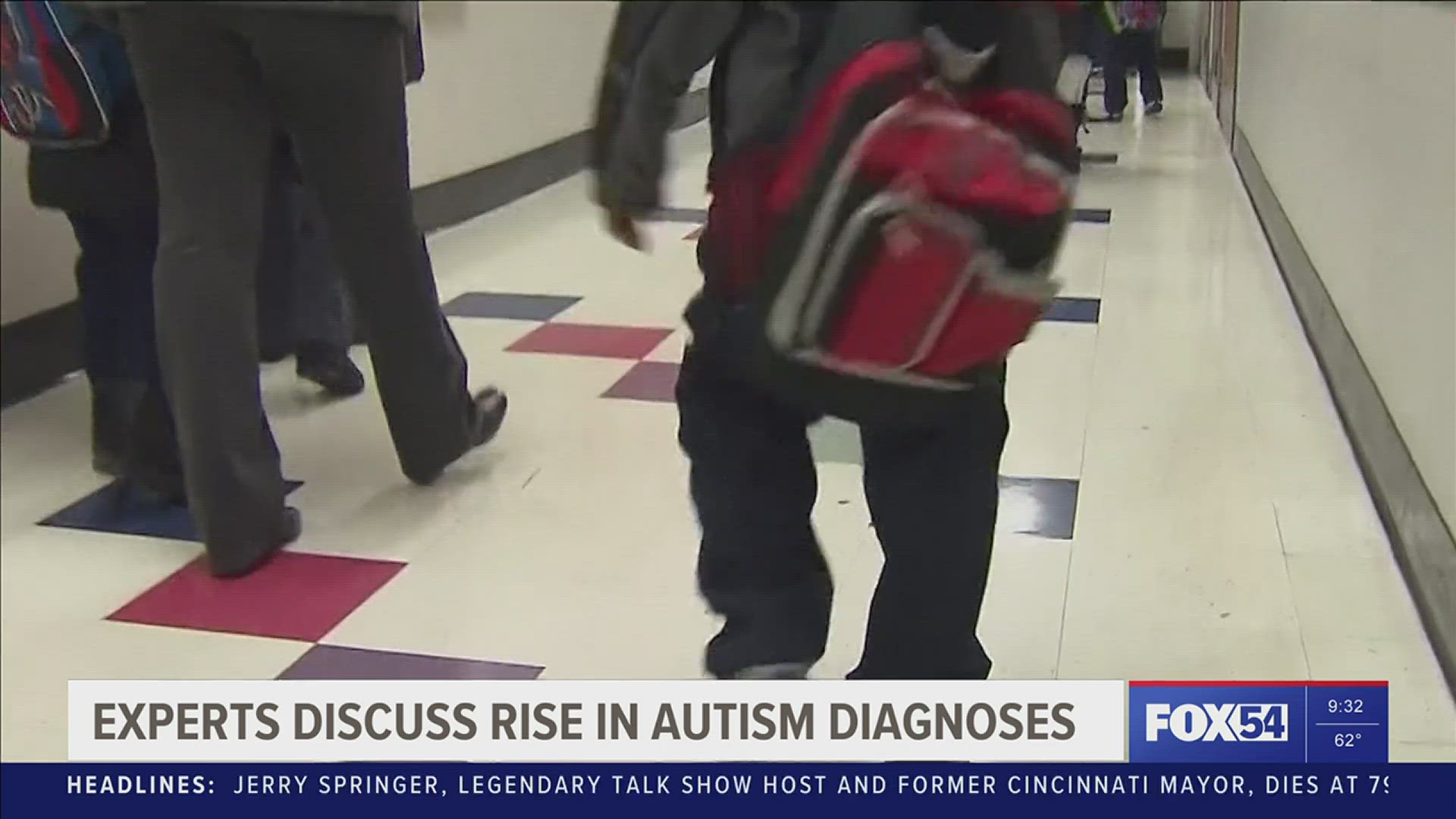HUNTSVILLE, Ala — It is Autism Awareness Month and local experts want to encourage community education, the importance of support and finding resources.
Jenny Morris, the associate director of Autism Support of Alabama says, “we are surrounded by autism every day, whether it be, you know, with children or adults.”
Dr. Anne Brisendine, an assistant professor of public health practice with the Department of Health Policy and Organization at the UAB School of Public Health, shares there's in increase in autism diagnoses.
"We've seen these numbers dramatically rise from well under 1% of children to over 2%, looking at almost 4% in boys,” Dr. Brisendine said.
She says this increase is due to the increase in awareness and conversation surrounding autism.
And in most recent years, “we've seen sort of Gen Z and Tik Tok...growing in social media, they're starting to recognize a lot of these traits in themselves and seeking out diagnoses that way.”
She defines autism as a developmental difference related to social communication and behaviors and overall how people move through the world.
"It is a spectrum so that you can have folks that have autism who really need very little support, who can mask it or sort of move through the world without really having anyone know that they may have this diagnosis. And then you have individuals who may need lifelong support,” Dr. Brisendine said.
The American Academy of Pediatrics recommends screening kids for autism at ages 18 to 24 months, but according to her we’re seeing kids diagnosed closer to four years old.
"You also want to be able to connect kids to the resources that will help them thrive throughout their lives. And we know that the earlier they get connected, the better their outcomes are going to be,” Dr. Brisendine said.
Morris adds it is good for parents to ask, “'does the child need occupational therapy?' 'Do they need speech therapy to communicate?' Communication is key. And so if communication is a struggle, then that would probably be the first thing that you look into, is to find a way for you and your child to communicate.”
Morris says there are also many resources for adults diagnosed with autism.
“There are people in their thirties, forties and fifties getting diagnoses and it's important for them to not think that it's structure just for children. I mean, we have resources for everybody and there's resources online for everybody.”
Autism Support of Alabama holds scholarship programs for adults, “to help encourage more people with autism to follow their dreams of school or tech school or university.”
As well as a grant program for families.
And a big thing that both Morris and Dr. Brisendine encourage is for people to find that community support.
"The amount of knowledge that is contained in the community and the amount of knowledge that parents are able to pass back and forth and really build that support network for themselves and for siblings and for the community has been really powerful to see," Dr. Brisendine said.

